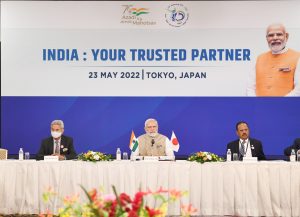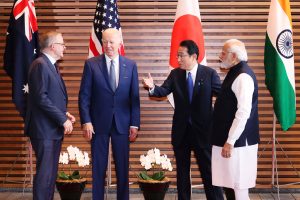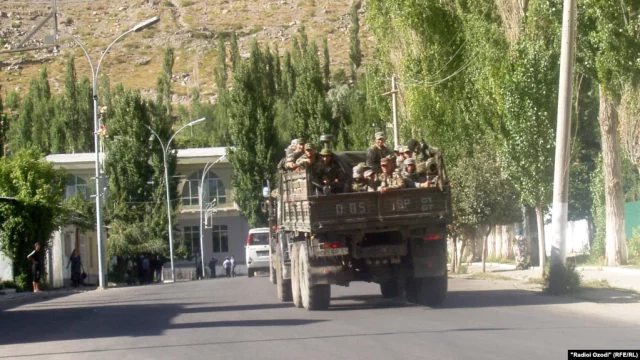Niranjan Marjani

India has joined the Indo-Pacific Economic Framework (IPEF) launched by the United States on the side lines of the Quad Summit in Tokyo on May 23-24. This initiative has 13 members: Australia, Brunei, India, Indonesia, Japan, Malaysia, New Zealand, the Philippines, Singapore, South Korea, Thailand, the United States, and Vietnam. IPEF is based on four pillars: supply chain resilience; clean energy, decarbonization, and infrastructure; taxation and anti-corruption; and fair and resilient trade.
This grouping is intended to counter China’s economic dominance in the Indo-Pacific region. A White House briefing mentions IPEF as not being a traditional free trade agreement. Indian Prime Minister Narendra Modi described IPEF as a “declaration of our collective will to make the region an engine of global economic growth.” He further stated that trust, transparency and timeliness are essential for building resilient supply chains.


